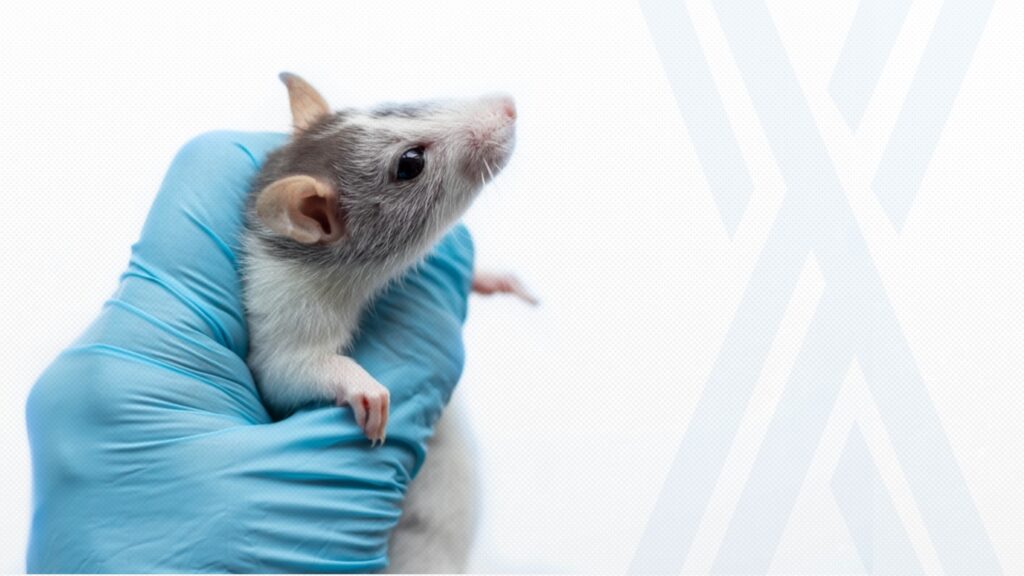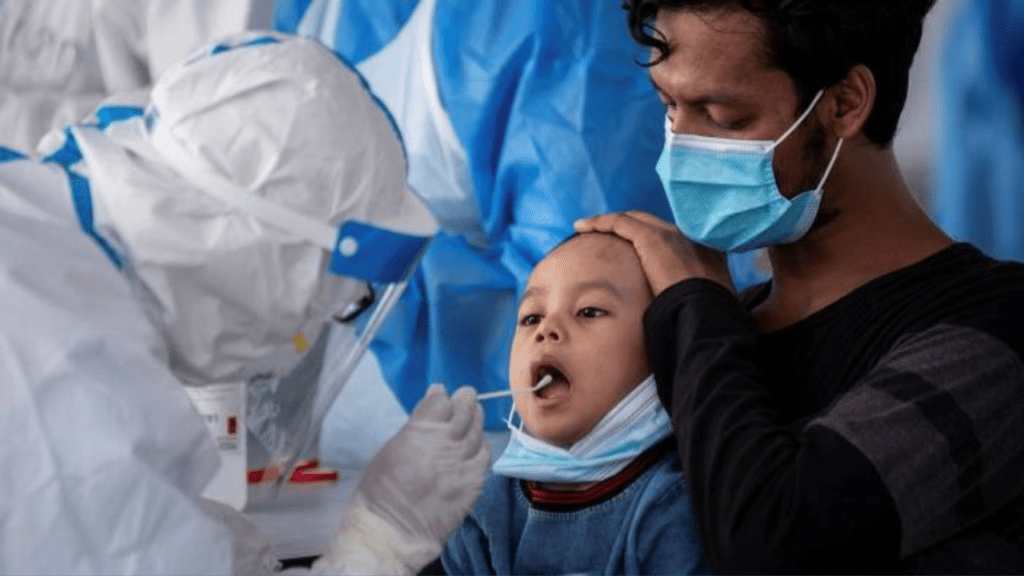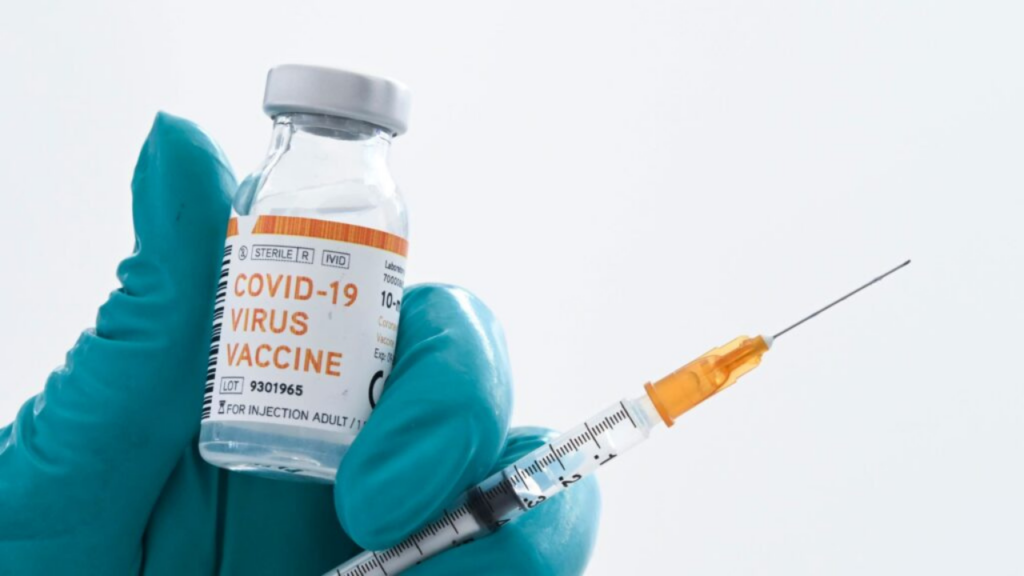Still feeling the effects of the pandemic with WHO estimating that between 80,000 and 180,000 healthcare workers could have died from COVID-19 in the period between January 2020 to May 2021, Lassa Fever hits Nigeria.
From 3 to 30 January 2022, 211 laboratory-confirmed Lassa fever cases including 40 deaths (case fatality ratio: 19%) have been cumulatively reported in 14 of the 36 Nigerian states and the Federal Capital Territory across the country. Lassa fever is endemic in Nigeria and the annual peak of these cases is typically observed during the dry season (December–April). Our hearts go out to all who are affected, and we hope those caring for affected persons are careful and avoid contact with blood and body fluids. Currently, this is 4 times the confirmed cases reported during the first four weeks of January 2021.
Several factors contribute to the current elevated risk levels;
- Increase in the number of confirmed cases compared to previous epidemic seasons
- gaps in surveillance
- delays in sample shipment for laboratory testing
- Decrease of case management capacity due to the conversion of dedicated Lassa fever facilities into COVID-19 healthcare facilities
Lassa fever is a viral hemorrhagic fever that is primarily transmitted to humans via contact with food or household items contaminated with urine or feces from Mastomys rats. Though to a lesser extent, secondary human-to-human transmission can also occur through direct contact with the blood, secretions, organs, or other body fluids of infected persons, especially in healthcare settings.
WHO continues to advise all countries endemic to Lassa fever on the need to enhance early detection and treatment of cases to reduce the case fatality rate.
Xcene Research’s primary aim is to care about the safety of our health care professionals and ensure that they are provided with the right tools and knowledge to conduct clinical trials and studies effectively, efficiently, and in safety.



